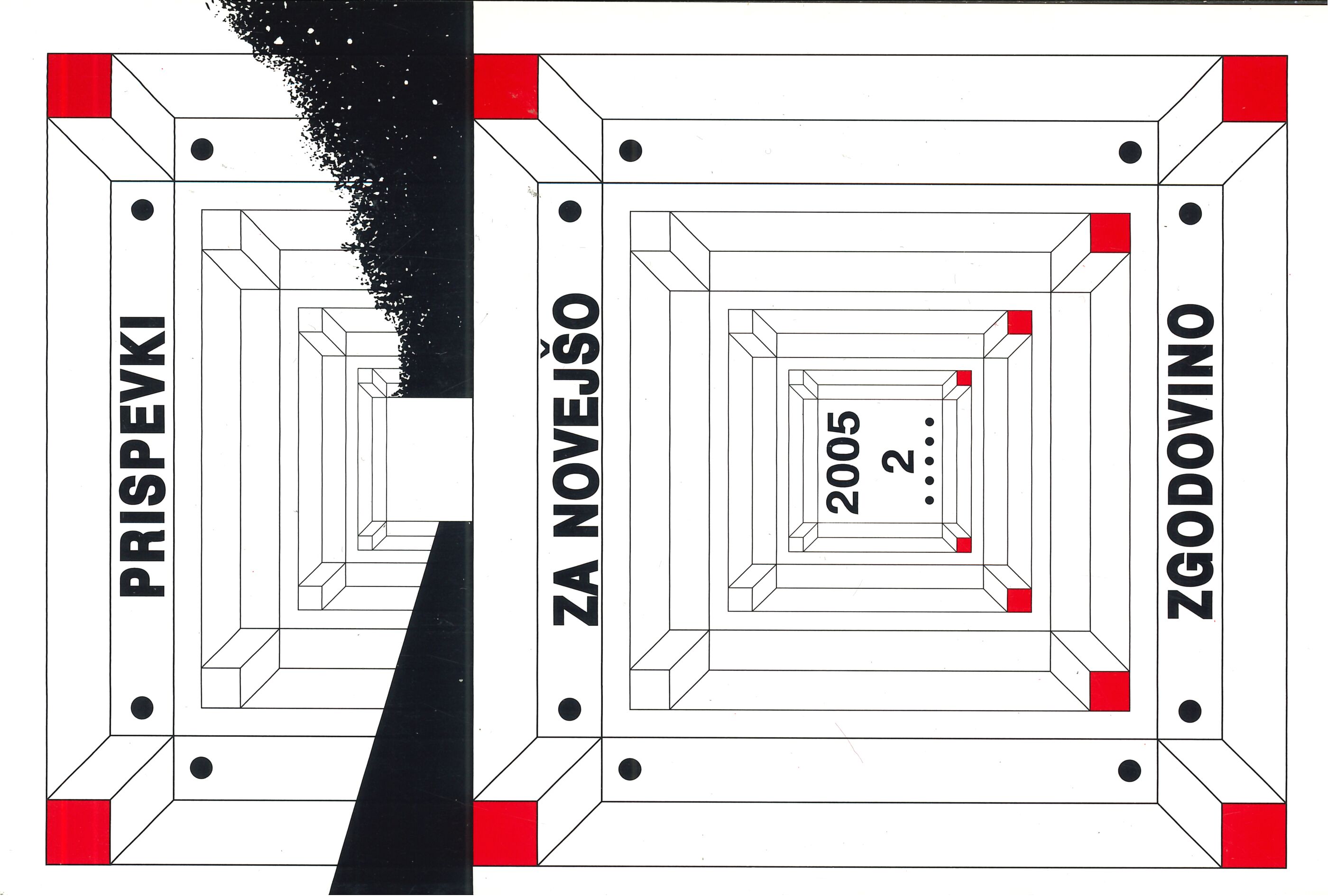Health Requires Hygiene
Discussing Personal Hygiene Advice in Nineteenth Century Slovenia
Keywords:
Nineteenth century, health, personal hygiene, handbooks and advice on personal hygiene, Dr. Štefan KočevarAbstract
A popular booklet Slovenska mati (The Slovene Mother), published in 1882 by Dr. Štefan Kočevar, a renowned physician and obstetrician, is one of the few Slovene works of this kind in the "hygienic" nineteenth century. In the booklet, the author advised young mothers on how to lead a healthy lifestyle and care for then newborn babies and toddlers up to three years of age. Kočevar's views on personal hygiene are of particular interest. As Dr. Alojzij Valenta, another obstetrician, did before him in the book Porodoslovje za babice (Obstetrics for Midwives) (1860), Kočevar recommends genital washing. The mention of genital washing is something peculiar to the above obstetricians, as seen when compared with the works by other contemporary writers on personal hygiene who recommend only the care of exposed body parts - speaking of the hair, teeth and nail care and the washing of exposed areas of the hands and face. In no case is mention made of the genital area. When warning about the need to keep the body always clean, they speak about exposed areas and clean clothes to cover the unexposed.
Downloads
Published
Issue
Section
License
Authors who publish with this journal agree to the following terms:
- Authors retain copyright and grant the journal right of first publication with the work simultaneously licensed under a Creative Commons Attribution License that allows others to share the work with an acknowledgement of the work's authorship and initial publication in this journal.
- Authors are able to enter into separate, additional contractual arrangements for the non-exclusive distribution of the journal's published version of the work (e.g., post it to an institutional repository or publish it in a book), with an acknowledgement of its initial publication in this journal.
- Authors are permitted and encouraged to post their work online (e.g., in institutional repositories or on their website) prior to and during the submission process, as it can lead to productive exchanges, as well as earlier and greater citation of published work (See The Effect of Open Access).


